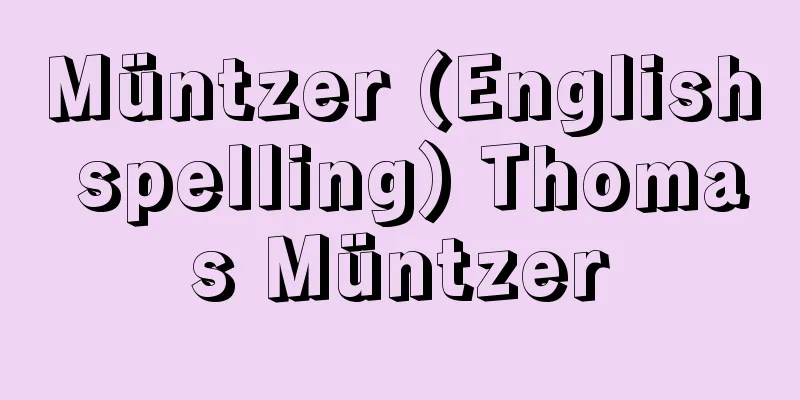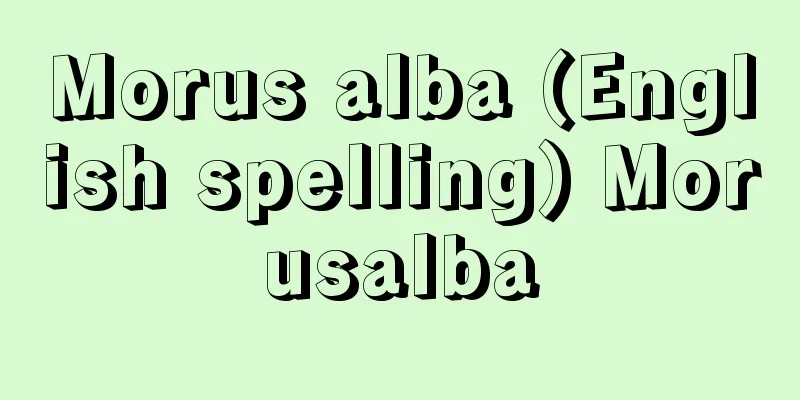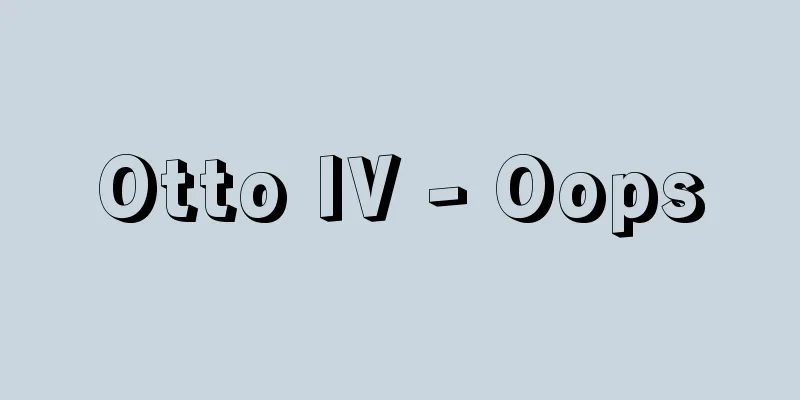Müntzer (English spelling) Thomas Müntzer

|
A German religious thinker and leader of the German Peasants' War. Born in Stolberg in central Germany. Studied at the University of Leipzig, he initially worked as a minor clergyman in various parts of Saxony. He had early contact with the Lutherans, initially supported them, and in 1520, on Luther's recommendation, became a preacher in Zwickau. From that time on, he began to take radical actions, and after being expelled from Zwickau, he went to Prague for a time. Returning to Germany, he became a priest in Allstedt in 1523, preached to the lower classes, miners, and peasants, and organized them into a secret society. He was expelled again in August the following year, and after traveling around southern Germany for a time, he moved to Mühlhausen. There, he cooperated with the radical clergyman Heinrich Pfeiffer (?-1525) and succeeded in reforming the city council, making the city a major base for the Peasants' War. However, he was attacked by the army of various princes led by Philipp von Hessen (1504-1567), defeated at the Battle of Frankenhausen (May 15, 1525), captured, and beheaded at Mühlhausen. His religious thought was strongly colored by mysticism, and he considered "direct revelation from God" rather than the Bible to be the supreme religious experience, and emphasized the renunciation of all worldly desires as a prerequisite for accepting this experience. He also preached that the realization of such an equal "Kingdom of God" by true Christians was a historical inevitability, and that the peasant war that was happening before his eyes represented this. His ideas, which advocated the abolition of feudal rule and "everything being shared," are highly regarded today as the precursor of modern communism. [Yoshio Sehara January 19, 2018] "The German Peasants' War," translated by the Committee for the Publication of the Collected Works of Marx and Engels (included in Vol. 7 of the Collected Works of Marx and Engels, 1961, Otsuki Shoten)" ▽ "Thomas Müntzer, by Tanaka Shinzo (1983, Minerva Shobo)" [References] |Source: Shogakukan Encyclopedia Nipponica About Encyclopedia Nipponica Information | Legend |
|
ドイツの宗教思想家で、ドイツ農民戦争の指導者。中部ドイツのシュトールベルクに生まれる。ライプツィヒ大学で学び、初めザクセン各地で下級聖職者として働いた。ルター派とは早くから接触し、当初はこれを支持し、1520年ルターの推薦でツウィッカウ市の説教師となった。そのころより急進的活動を開始し、ツウィッカウを追放されたのち、一時プラハに赴いた。帰国して、1523年アルシュテット市の司祭となり、下層市民、鉱夫、農民に説教し、これを秘密結社に組織した。翌1524年8月ふたたび追放され、一時南ドイツを遍歴したのち、ミュールハウゼン市に移った。ここでは急進的聖職者ハインリヒ・プファイファーHeinrich Pfeiffer(?―1525)と協力して、市参事会を変革することに成功し、同市を農民戦争の有力な拠点たらしめた。しかし、ヘッセン方伯フィリップPhilipp von Hessen(1504―1567)ら諸侯軍の攻撃を受け、フランケンハウゼンの戦い(1525年5月15日)に敗れて捕らえられ、ミュールハウゼンで斬首(ざんしゅ)された。 彼の宗教思想は、神秘主義的色彩が濃く、聖書よりは「神の直接的啓示」を至上の宗教的体験とし、その体験を受け入れる前提としていっさいの現世的欲望の放棄を強調した。そして、このような真のキリスト者による平等な「神の王国」の実現は、歴史的必然であり、眼前の農民戦争がそれである、と説いた。領主支配の廃止、「すべては共有である」と説く彼の思想は、現代共産主義の先駆として、今日高く評価されている。 [瀬原義生 2018年1月19日] 『マルクス=エンゲルス全集刊行委員会訳『ドイツ農民戦争』(『マルクス=エンゲルス全集』第7巻所収・1961・大月書店)』▽『田中真造著『トマス・ミュンツァー』(1983・ミネルヴァ書房)』 [参照項目] |出典 小学館 日本大百科全書(ニッポニカ)日本大百科全書(ニッポニカ)について 情報 | 凡例 |
<<: The story of Münchhausen - The story of Münchhausen
>>: Münsterberg - Hugo Münsterberg
Recommend
Spirit (Greek: nūs)
(1) In a broad sense, it is synonymous with mind ...
Urban geography
Settlements can be broadly divided into cities and...
Nihon Sandai Jitsuroku - The Chronicles of the Three Generations of Japan
50 volumes. One of the Six National Histories. An...
Ryomo region
The name of the region in the northwest of the Kan...
Rotating blade - Rotating blade
...Steam turbines do not have much torque, but th...
Osbeckia chinensis (English spelling) Osbeckiachinensis
…It is propagated by cuttings, cutting the tip of...
al-Nuwayri (English spelling)
1279‐1332 He is one of the three great encyclopedi...
Debelius, M.
... The method of stylistic history, which was es...
dusty miller
...There are many species in the genus S. cinerar...
Swift
English author. Born in Dublin, Ireland, after the...
Pokhara - Pokhara (English spelling)
It is the central town of the Pokhara Basin in ce...
Momo (Peach) - Prunus persica; peach
A deciduous shrub or small tree of the Rosaceae fa...
Samotlor oil field - Samotlor Yuden (English spelling)
Discovered in Western Siberia in 1965, it is the l...
Tsugaru Plain - Tsugaru Heiya
A plain that spreads across the western part of A...
Compton effect
The phenomenon in which the wavelength of X-rays ...









